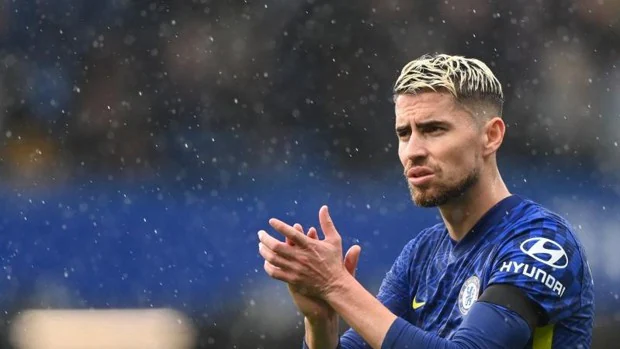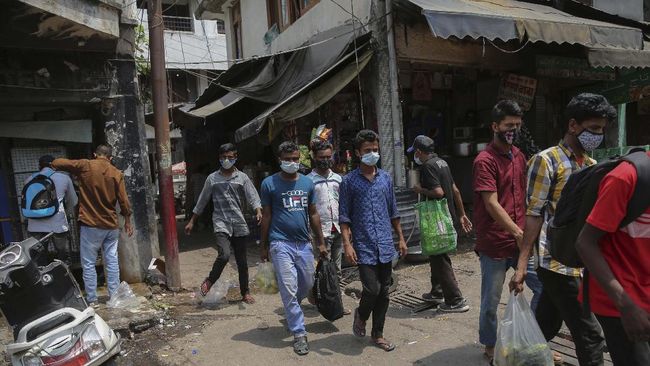Keep
Imbituba, the hometown of Jorginho, is located in a narrow strip of land located in the southern region of Brazil. It is a sought-after tourist destination, with some of the best beaches in the country that ‘Il professore’ of the Italian national team turned into their first playing field. There he went daily with a ball under his arm and the inseparable company of his mother, Maria Tereza. Breaking all the clichés, it was she who instilled the love of football in her son. She herself had been a footballer, and one of the good ones. On the heavy sand, she served as the boy’s coach, taught him the technique of the game and offered him the confidence to pursue his dream of being a professional. Jorginho has always appreciated it.
Riccardo Prisciantelli, who was sports director of Hellas Verona, Jorginho’s first team in Europe, assured in an interview to the ‘Daily Mail’ that he had never met a guy who had suffered as much in life as Jorginho. “But he has made that suffering his strength,” he explained. At the age of 14, the young Jorginho left the beach and went inland to the football academy in Brusque. He remembers from that time that he repeated the same food three times a day and that he had to shower with cold water. Also that some of his companions ended up traveling to Italy to try their luck. He ended up being one of them. His mother tried to get him out of there after a few weeks, but he refused. He thought that if he left he was condemning his future as a footballer. Thanks to this stubbornness, the opportunity arose to travel to Verona.
Europe was not paradise
The brilliance of Europe was short-lived. At the age of 16, he still had a lot to suffer. His first destination was a monastery in which the monks and the Hellas cadets lived in the same residence. He shared a room with five other boys and they barely paid him 20 euros a week. Fortunately, food and cleanliness depended on the monks. This time it was he who collapsed and wanted to go back to Brazil. «I spoke to my mother on the phone for almost an hour and I cried a lot. It reminded me of everything I had been through and forced me not to give up.
Shortly after he met Maurizio Sarri, the coach who changed his career and consolidated him as a pivot. With him he began training in the Hellas first team and when the coach left for Napoli he did not hesitate to take him with him. He did the same when signing for Chelsea. In between came the debut with Italy. He was 24 years old. Curiously, the current Italian coach, Roberto Mancini, showed at that time his rejection of players not born in Italy wearing the national jersey. “They don’t deserve it,” said the man who today has the brain of his champion team in Jorginho.
Today’s game he arrives converted into one of the maximum candidates to win the Golden Ball. To his good personal performance he adds the double European championship with Italy and Chelsea, a fact that is usually definitive when it comes to delivering this type of award. It would be the definitive recognition for a footballer of slow growth and quite far from the spotlight until now. Winning the Nations League would give him one last push, but first he must defeat Spain. In the semi-final of the Euro he was the great protagonist, deceiving Unai Simon in the decisive launch of the penalty shoot-out with astonishing coolness. “I can say with humility that Spain was the only team in which, had we won, we would not have been able to say anything about it,” he explained later. Today you will suffer again.
– .

